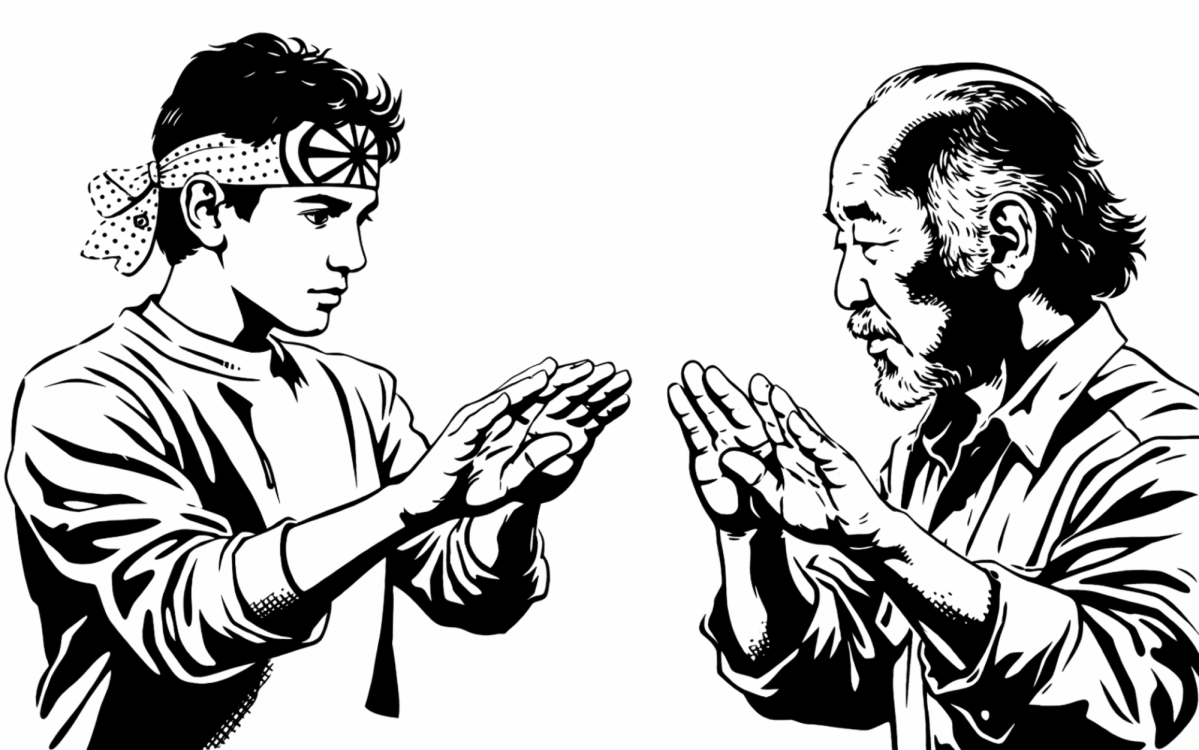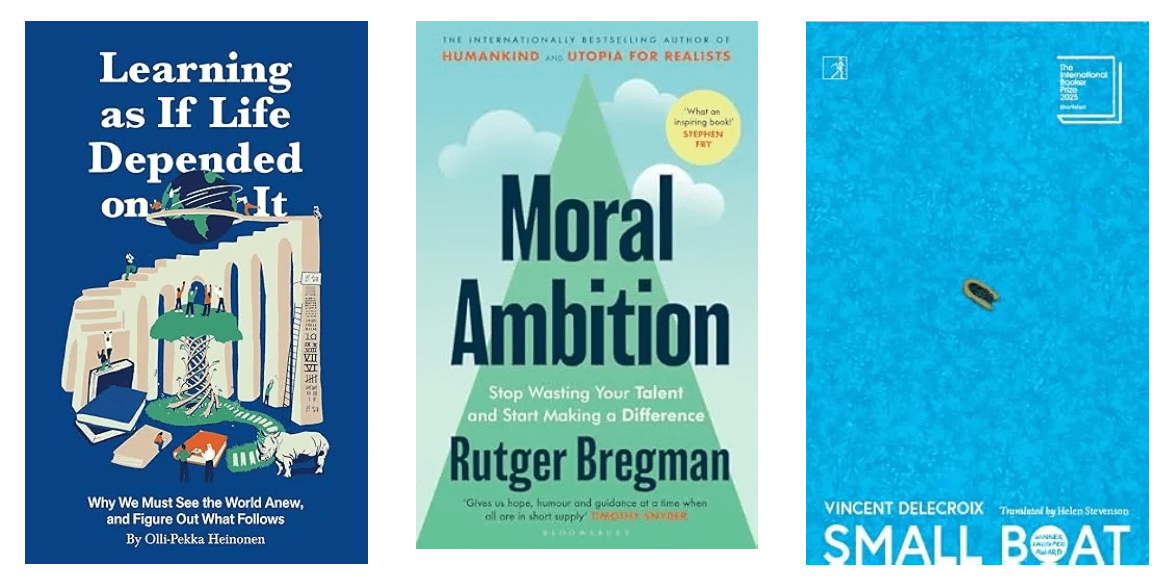I don’t travel well at the best of times. By the time I reached seat 40K, found no room in the overhead locker, then realised the in-flight entertainment system wasn’t working, I was already flustered. By the time I had absorbed the delayed take-off, agonised over the slow progress of the food trolley, tried to […]
The Space Pen Problem









